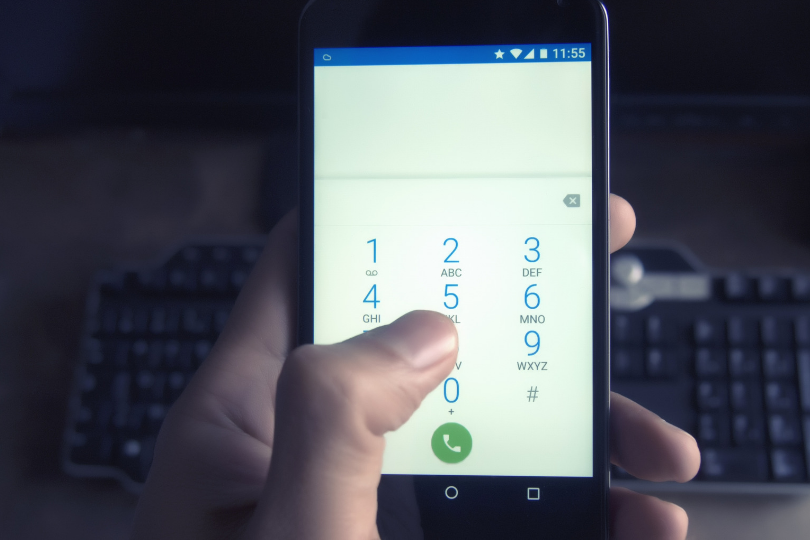
There are two ways you can contact your police department or sheriff’s office: by dialing 9-1-1 and by dialing the unique 10-digit number. Both of these lines are answered at the Public Safety Answering Point (PSAP, or a 9-1-1 call center) of the police department or sheriff’s office, but they should not be used interchangeably. To put it simply, 9-1-1 should be used during emergencies while the 10-digit number should be used in non-emergency cases.
If you’re not sure what your local 10-digit non-emergency number is, you can see all of the 10-digit numbers in the NCT9-1-1 region here. If you’re not located in our region, you can usually find the 10-digit number on your local PD or sheriff’s office website.
What is an emergency?
The word “emergency” can sometimes be difficult to define, but most agencies would describe it as a dangerous or life-threatening scenario where a police, fire, or EMS presence is required. Telecommunicators receive all kinds of calls throughout the day and night that have nothing to do with dangerous scenarios, like reports of power outages or missing pets, or sometimes even questions about community events, so be sure to only contact 9-1-1 when you’re in an emergency that requires police, fire, or EMS.
What is the 10-digit number and who does it contact?
If you’re in a situation that you recognize isn’t an emergency, but you still need to contact law enforcement, you can use your local 10-digit number. This number is also answered by telecommunicators, but it won’t tie up the line for emergency 9-1-1 calls.
Some reasons you may call the 10-digit number include:
- General inquiries toward your local police or sheriff’s office
- Noise complaints
- Reports of a crime that occurred in the past
- Other non-emergency situations
It’s also important to memorize your local 10-digit number in case 9-1-1 should fail. Though this is unlikely, it’s important for you and your family to have a back up plan, and the 10-digit number can still connect you to your local law enforcement agency.
We hope this clarifies the difference between 9-1-1 and your local 10-digit number, and that you have a better understanding of what an emergency is. Remember to only call 9-1-1 if you need a response from police, fire, or EMS.